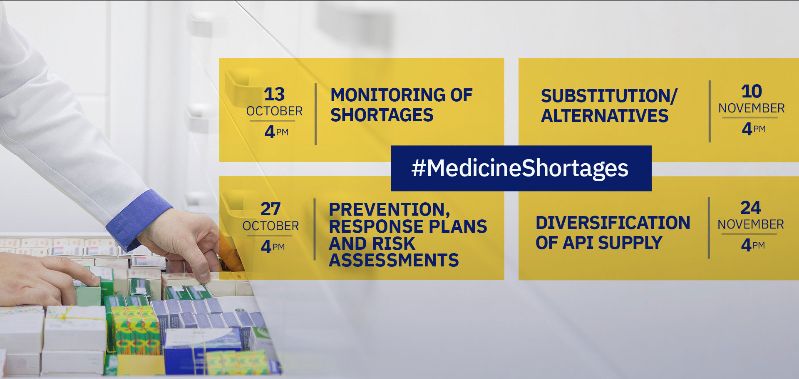EU MONITOR -Making the difference by improving medication safety
The EAHP EU Monitor is a regular round up of news relevant to hospital pharmacy in Europe.
EAHP publishes new Position Paper on Patient Safety
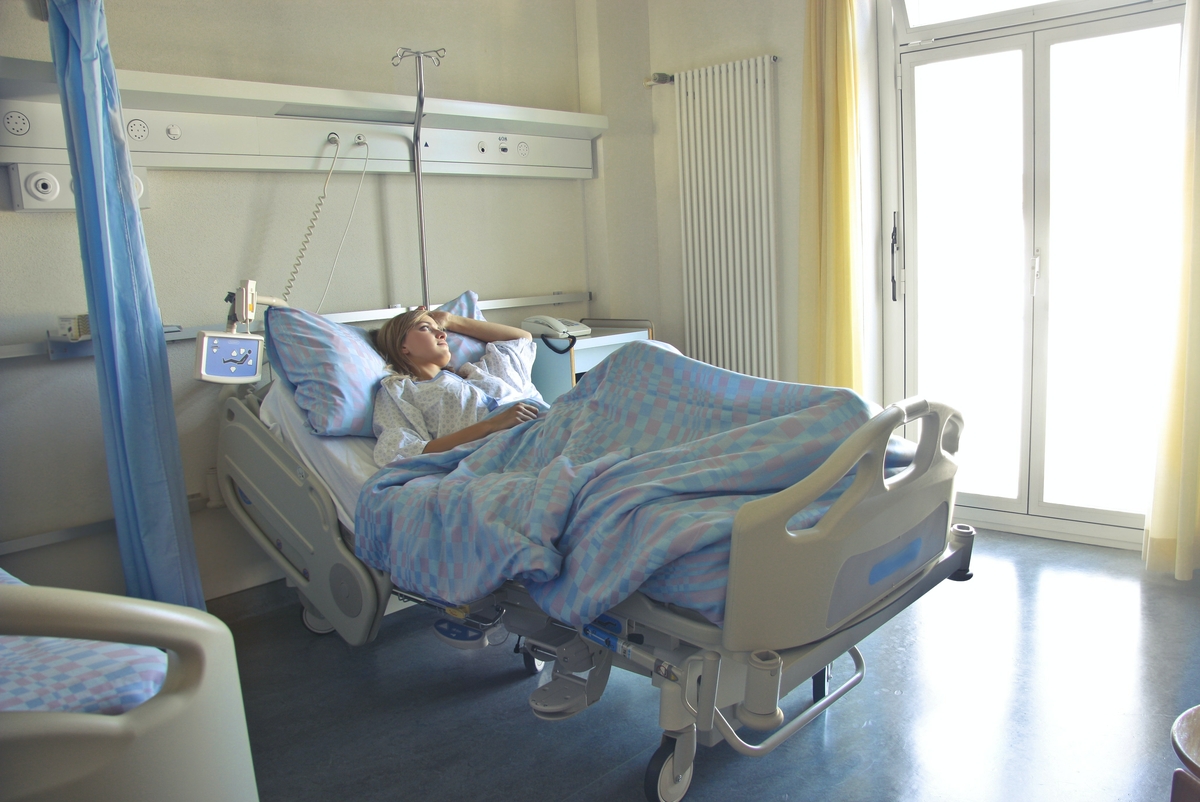
At the General Assembly in October 2020 the member organisations of the European Association of Hospital Pharmacists (EAHP) adopted a new position paper on patient safety. The document touches on the role of the hospital pharmacist in the medication use process and focuses on medication errors, a key concern for hospital pharmacists.
The position paper of EAHP contains six sections of which the first two comment on the use of risk management tools for increasing patient safety and detail why closed loop medication management uptake should be facilitated. Linked to the transition of care, information on the importance of medication reconciliation is provided which should also take place during the admission of a patient. The section on concordance outlines the benefits of patient and hospital pharmacist interactions while the one focusing on interprofessional collaboration highlights the significance of cooperation for patient safety. Section six, emphasis the contributions that infection prevention and control measures can make to reduce healthcare-associated infections. In its position paper on patient safety, EAHP
- recommends a wider application of different risk management tools, including but not limited to single unit dose barcoding, risk management and quality control committees and computerised order entry systems in hospitals to lower medication errors for the benefits of patients.
- advocates for the uptake of closed loop medication management to facilitate a faster and more accurate administration of medicines in hospitals.
- recommends the implementation of clinical pharmacy services that can guarantee the medication appropriateness, reconciliation and the personalisation of therapies to further enhance the safety and the quality of the pharmaceutical care in Europe.
- calls on national governments and health system providers to guarantee an adequate number of hospital pharmacists and the full utilisation of pharmacy services to improve concordance.
- requests the strengthening of interprofessional collaboration and communication among healthcare personnel in all healthcare settings.
- recommends the universal application of infection prevention and control measures by the European Centre for Disease Prevention and Control (ECDC) and the World Health Organization (WHO) among healthcare professionals.
Read EAHP’s Position Paper on Patient Safety HERE
Virtual events series - Zooming in on Solutions
Since medicines shortages are not a new phenomenon, EAHP has teamed up with Affordable Medicines Europe, the European Public Health Alliance (EPHA), the European Healthcare Distribution Association (GIRP) and the Pharmaceutical Group of the European Union (PGEU) to organise a series of webinars focusing on solutions to mitigate the impact of medicines shortages in Europe. “Zooming in on Solutions” will discuss four different suggestions in October and November.
The series will be kicked off on 13 October with the webinar on “Monitoring of Shortages” hosted by GIRP. During the event, the criteria to consider in building an EU-wide shortages monitoring system will be explored and participants will hear from experts on the existing systems used at national level and what works and what doesn’t. EAHP will be responsible for the second event covering prevention and response plans as well as prospective risk assessments. It will be held on 27 October. More information will follow soon. The sessions in November will address substitution and alternatives (10 November) and the diversification of API supply (24 November). All events will start at 4 PM.
Register for the first webinar on the “Monitoring of Shortages” via the following LINK
EJHP paper edition becomes eco-friendly
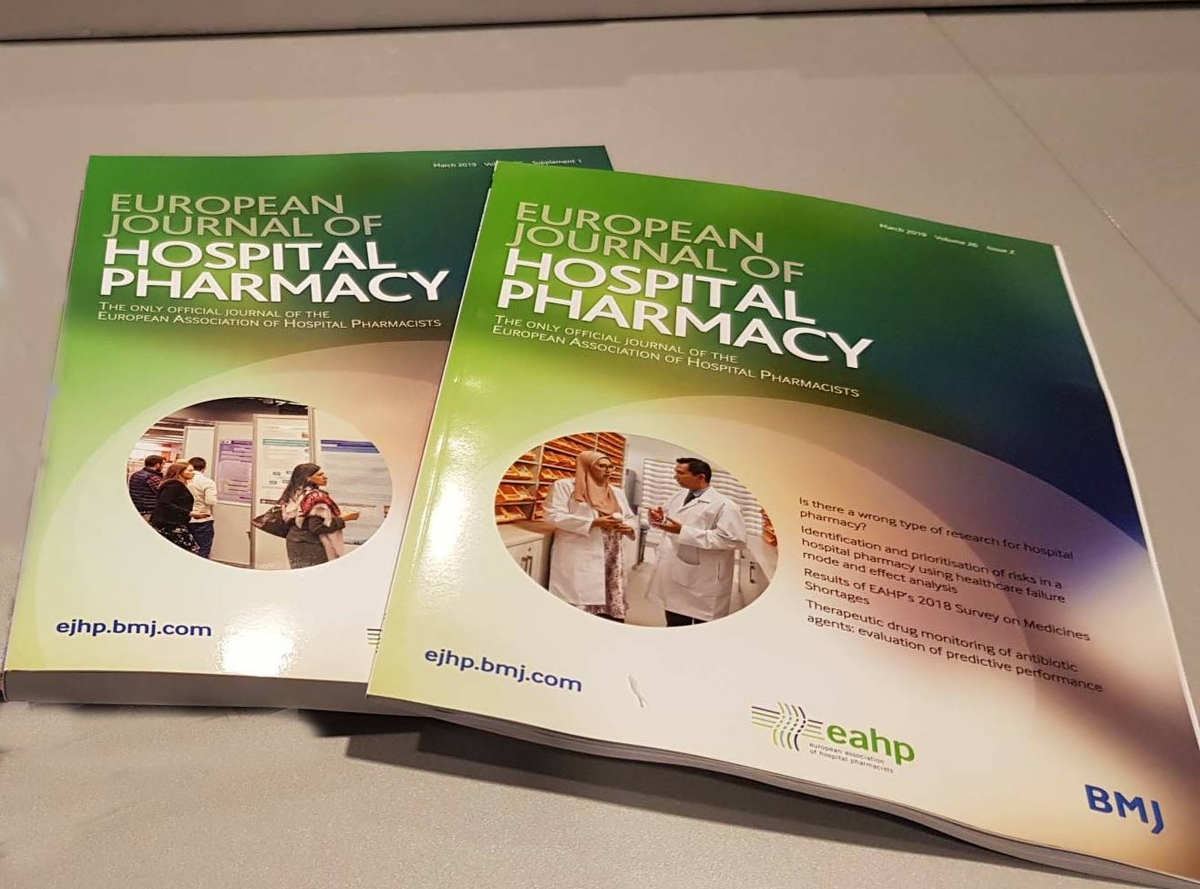
EAHP is delighted to announce that the European Journal of Hospital Pharmacy (EJHP) will from now on be published with a carbon neutral Polyair wrapping, the only 100% recyclable, carbon-neutral material that is currently available (PAS2050 carbon-neutral certified). It is bio-based and made from sugar cane waste. In terms of practical use, the materials are identical to regular polythene so recipients should not notice any significant difference.
World Antimicrobial Awareness Week is approaching
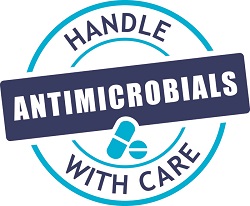
In mid-November, the World Health Organization (WHO) will be celebrating the World Antimicrobial Awareness Week. The 2020 edition will be held from 18 to 24 November to increase awareness of global antimicrobial resistance (AMR) and to encourage best practices exchange among the general public, health workers and policy makers to avoid the further emergence and spread of drug-resistant infections. The European Antibiotic Awareness Day (EAAD) falls within this week and will be celebrated, like every year, on 18 November.
Following a stakeholder consultation meeting in May 2020 organised by the Tripartite Organizations, comprised out of the Food and Agriculture Organization of the United Nations (FAO), the World Organisation for Animal Health (OIE) and WHO, the scope of the week was expanded from antibiotics to antimicrobials. With this change in scope WHO hopes to facilitate a more inclusive global response to AMR and to support a multisectoral One Health Approach with increased stakeholder engagement.
The slogan for the World Antimicrobial Awareness Week in 2020 will be "Antimicrobials: handle with care" and the theme for the human health sector will be “United to preserve antimicrobials".
The European Centre for Disease Prevention and Control (ECDC) is currently preparing for the 2020 edition of the EAAD and will release further information in the coming weeks.
Learn more about the World Antimicrobial Awareness Week HERE
Learn more about EAAD HERE
MOIC organises EU Regions Driving Medicine Safety Event
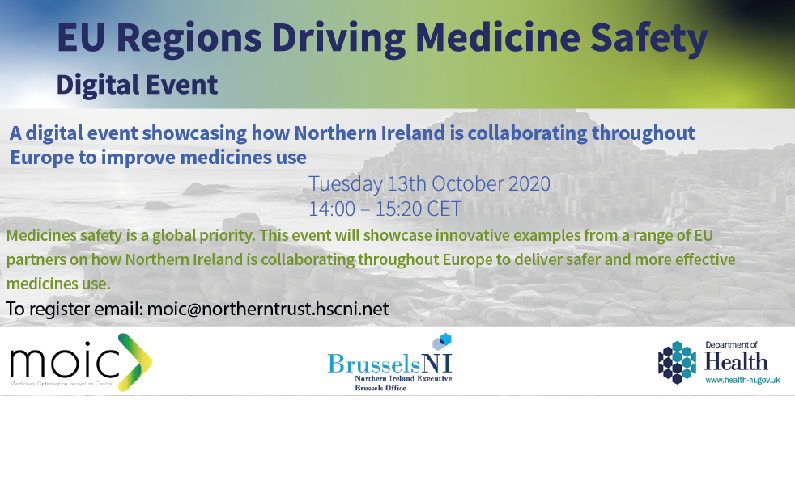
The Medicines Optimisation Innovation Centre (MOIC) is hosting the EU Regions Driving Medicine Safety Event on 13 October from 2.00 to 3.20 PM CET. This event is a first for Northern Ireland and will showcase examples from a range of EU partners of how Northern Ireland is co-operating and working cohesively throughout Europe to deliver safer and more effective medicines use.
The keynote speaker Robin Swann MLA Health Minister Northern Ireland will be joined by speakers from Poland, Estonia and the Republic of Ireland who will discuss how they are all collaborating to improve medicine safety in Europe. The event is free of charge and open to all EU regions and cities, individuals with an interest in medicine safety and anyone curious to hear more about how to collaborate more effectively throughout Europe. To register interest please send an email to moic[at]northerntrust.hscni[dot]net stating your name and region.
Learn more about the event HERE
WHO launches portal for global data on the health and well-being of older people
 On the International Day of Older Persons – which took place on 1 October – the World Health Organization (WHO) launched the first data portal that brings together in one place data on global indicators for monitoring the health and well-being of people aged 60 and over.
On the International Day of Older Persons – which took place on 1 October – the World Health Organization (WHO) launched the first data portal that brings together in one place data on global indicators for monitoring the health and well-being of people aged 60 and over.
The WHO Ageing Data Portal offers tailored options for visualisation and analysis of the data through maps, charts and tables. This information will strengthen the visibility of older people and help to inform action to improve health and well-being in countries in line with global, regional and national commitments. Data is included for indicators such as the percentage of older people aged 60 years and over, healthy life expectancy at age 60, major causes of death in older people, the prevalence of common impairments such as hearing and vision loss, the percentage of older people receiving long-term care in residential facilities and in their home and the percentage of older people living in an age-friendly environment. Also included are indicators for tracking the progress of government commitments to promote the health and well-being of older adults. Data in the portal is disaggregated by age, sex and country to allow a comprehensive understanding of trends across different population groups and to better manage progress towards global goals.
Access the WHO Ageing Data Portal HERE
New EP Resolution to tackle pharmaceutical pollution

During the plenary session in September, the European Parliament approved a Resolution on a strategic approach to pharmaceuticals in the environment. The document comments on the serious delay in sharing concrete actions after the publication of a European Commission Communication on a European Union Strategic Approach to Pharmaceuticals in the Environment in spring 2019 and calls for the more careful use of medicines, the development of greener manufacturing and better waste management in the EU.
The Members of the European Parliament acknowledged in their Resolution that pharmaceutical products both harm ecosystems and reduce their future effectiveness, in particular by causing antibiotic resistance. Due to concerns on the ever-growing overall consumption of medication per capita in the EU, they call on the EU Member States to share best practices in limiting preventive use of antibiotics and in disposing of unused medicines. They encourage pharmacists, doctors and veterinarians to provide information on how to properly dispose of unused medicines. The resolution also underlines the need for further development of “greener pharmaceuticals”, which are as effective for patients, but less harmful to the environment.
Read the Resolution HERE
EMA publishes Big Data Steering Group workplan for 2020-21
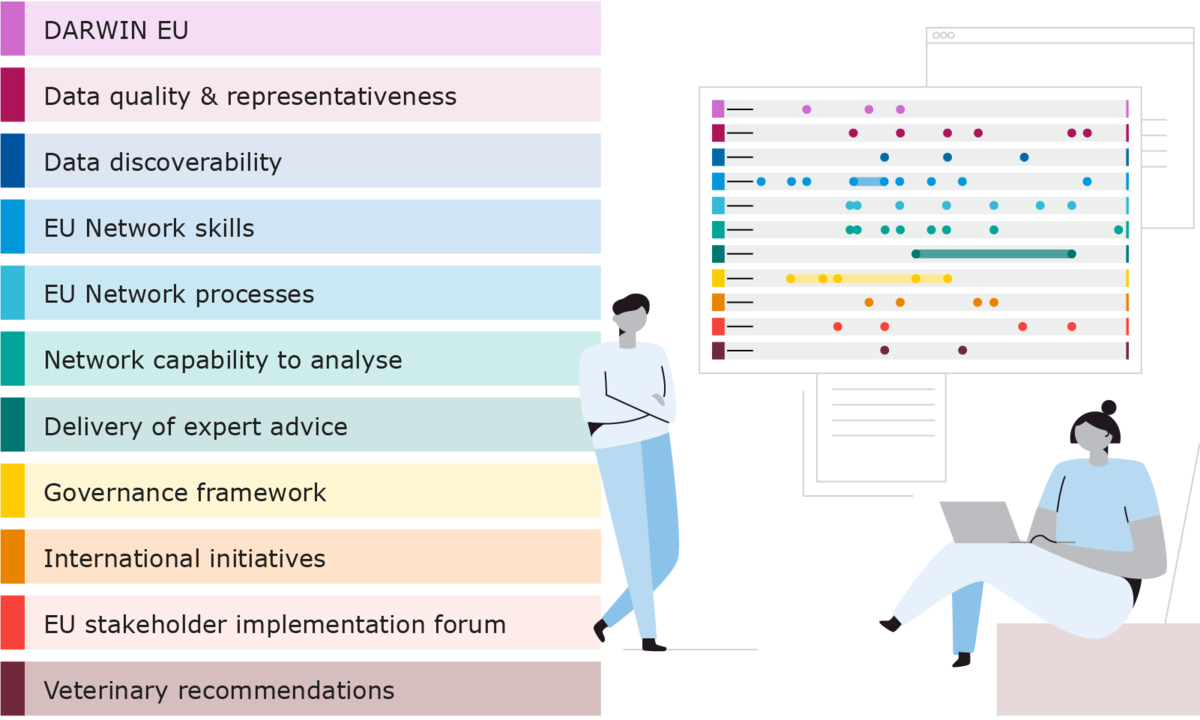 The European Medicines Agency (EMA) announced in mid-September the publication of the workplan for the Big Data Steering Group which has been set up by EMA and the Heads of Medicines Agencies (HMA). It sets out actions to be delivered in 2020-21.
The European Medicines Agency (EMA) announced in mid-September the publication of the workplan for the Big Data Steering Group which has been set up by EMA and the Heads of Medicines Agencies (HMA). It sets out actions to be delivered in 2020-21.
With the European Medicines Regulatory Network focused on the response to the COVID-19 pandemic, the workplan aims to progress evolution to data-driven regulation through smart working, leveraging collaboration with stakeholders and the use of remote expert workshops. In the past three years, EMA and HMA have led a thorough assessment of the challenges and opportunities posed by big data in medicines regulation. This culminated in January 2020 with the publication of recommendations for regulators to evolve their approach to data use and evidence generation. Following this preparatory work, the Big Data Steering Group was established in February 2020 to advise the EMA Management Board and HMA on implementing ten priority recommendations. Its first workplan aims to increase the utility of big data in regulation from the quality of data through study methods to assessment and decision-making. It foresees closely involving patients and is guided by advances in science and technology. Other stakeholders will also be involved and the workplan intends to leverage international collaboration. Stakeholders will have the opportunity to discuss the workplan and its implementation in the context of a virtual multi-stakeholder forum scheduled for late 2020.
Big data are extremely large, rapidly accumulating datasets captured across multiple settings and devices, for example through wearable devices and electronic health records. Coupled to rapidly developing technology, big data can complement the evidence from clinical trials and fill knowledge gaps on a medicine, and help to better characterise diseases, treatments and the performance of medicines in individual healthcare systems. The rapidly changing data landscape forces regulators to evolve and change the way they access, manage and analyse data and to keep pace with the rapid advances in science and technology.
The work carried out by the Big Data Steering Group builds on the Regulatory Science Strategy to 2025, published in March 2020, and will support the European Medicines Agencies Network Strategy to 2025, currently under development. Since the European Medicines Regulatory Network has to prioritise the unprecedented public health challenge of the COVID-19 pandemic, the implementation of the Big Data Steering Group workplan will need to be flexible and certain actions may need to be re-scheduled depending on the development of the pandemic.
Learn more about the work on big data HERE
EJHP: Assessing the quality of drug information provided by hospital pharmacies using a fictitious enquiry and simulated real-life conditions
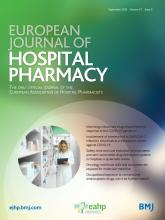
The original article published in the online first edition of the European Journal of Hospital Pharmacy (EJHP) shares insights on the creation of a reference model and a specific training manual on antibiotic stewardship to introduce the role of the department pharmacist with specific infection disease skills in the Italian health system hospitals. The study which was conducted for 24 months in 6 Italian hospitals showed that the interventions of the antibiotic stewardship pharmacist led to an improvement in quality of care, resource efficiency and healthcare professional awareness
Read the article HERE
 [COVID-19 Updates]
[COVID-19 Updates]
EAHP’s COVID-19 Resource Centre
To assist its member associations and individual hospital pharmacists in this critical time with the provision of the best possible care for patients, EAHP has decided to gather and make available information on COVID-19 relevant for the hospital pharmacy profession.
Access the Resource Centre HERE
Farmacia Hospitalaria - Hospital Pharmacy Compounding against COVID-19 pandemic
This article highlights the challenges encountered and the impact that COVID-19 has had on hospital pharmacy compounding.
Access the article HERE
Journal of Pharmaceutical Policy and Practice - Pharmacists and COVID-19
The article analyses the role that pharmacists have played in supporting the healthcare system during COVID-19.
Access the article HERE
SAT online training on 19 October at 5 PM CET
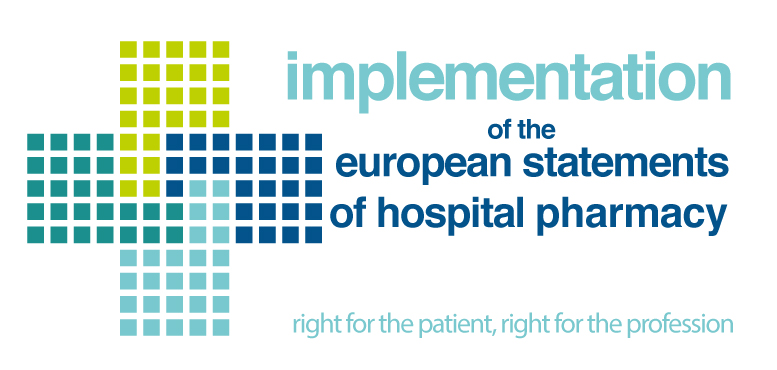
In case you have heard about the self-assessment tool (SAT) and are not so sure how to use it, EAHP is here to help. On 19 October at 5 PM CET, a free online training session on the SAT will be organised. In case you are interested to join you can sign up by sending an email to Statements[at]eahp[dot]eu
___________________________________________________________________________________
Consultations
![]()
EMA – Guideline on registry-based studies
The guideline was developed based on the comments received on the discussion paper on ‘Methodological and operational considerations on the use of patient disease registries for regulatory purposes’, that went through a public consultation between November 2018 and June 2019, and a consultation of EMA Committees and Working parties.
Deadline – 31st December 2020
Access the consultation HERE

